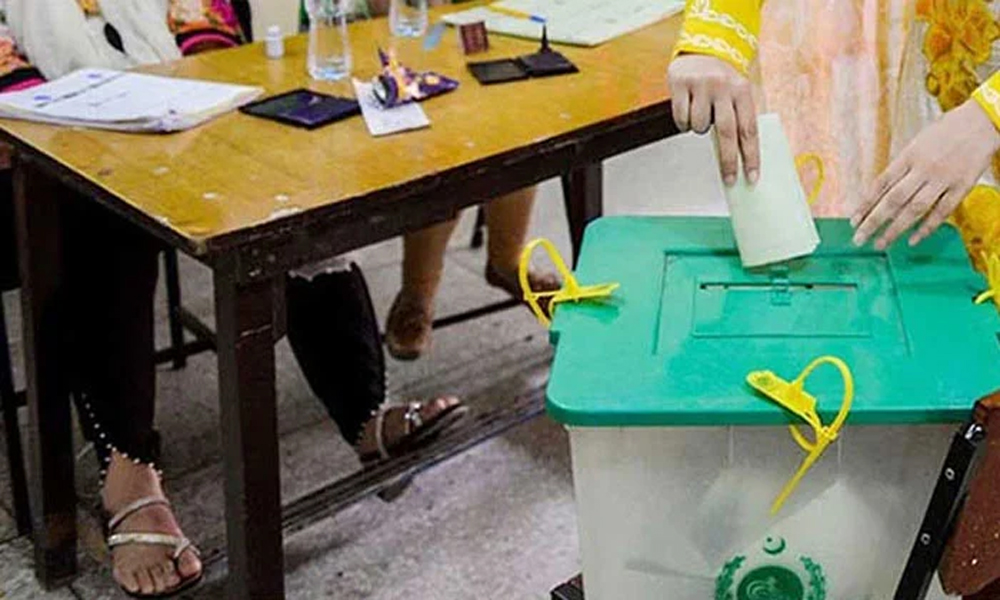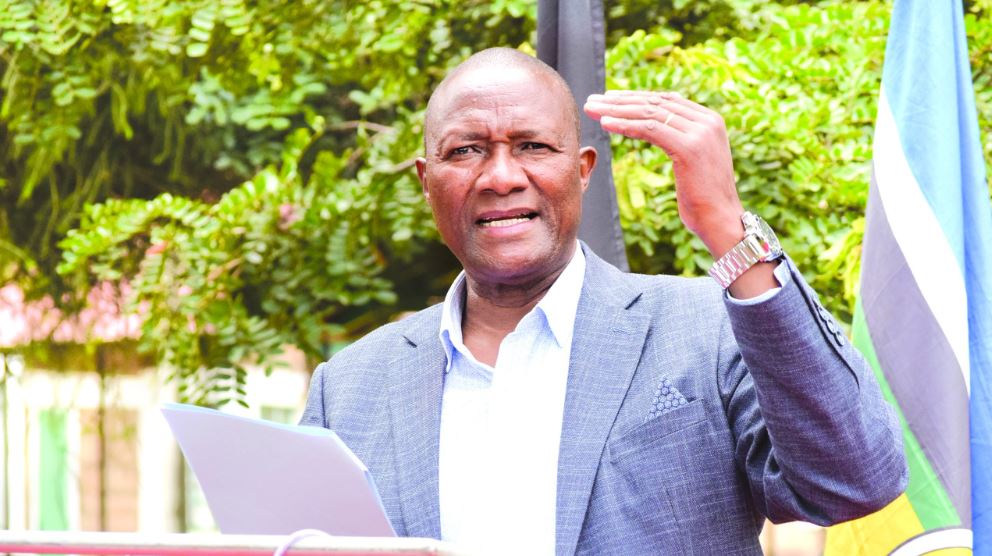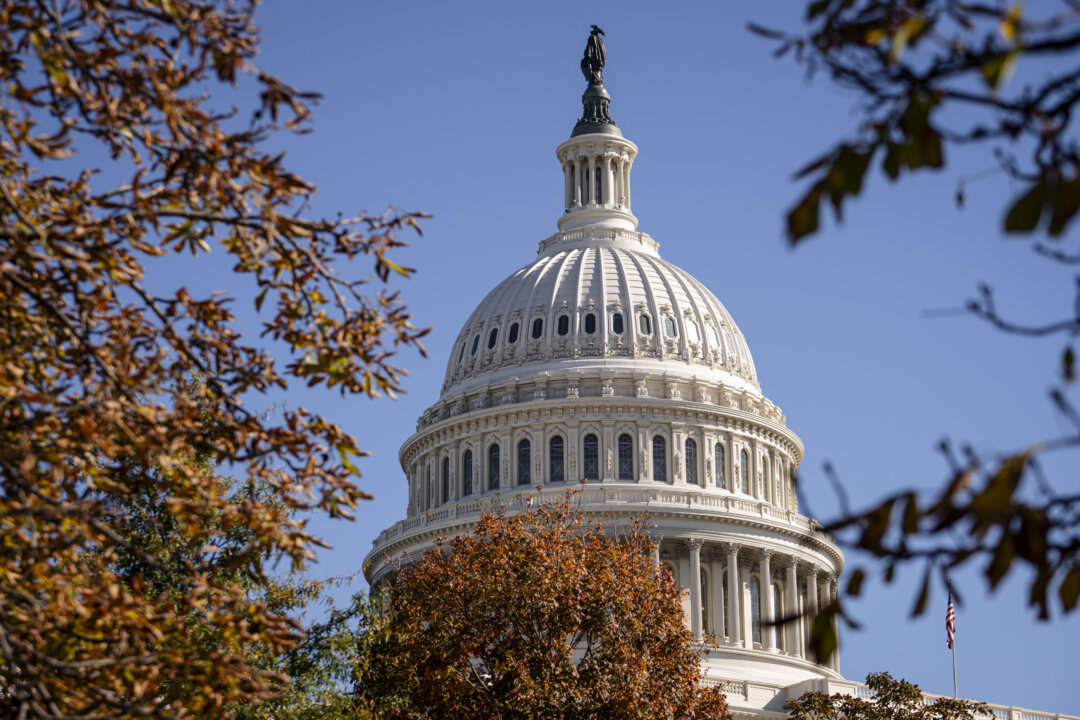
On the night of 20 October, Parliament passed the 26th Constitutional Amendment, reinforcing its authority over other state organs. As the supreme representative of the people’s will, Parliament was justified in asserting this supremacy. In a move backed by JUI leader Maulana Fazlur Rehman, the amendment package was modified from its original form, which had included restrictive clauses curbing civil liberties.
This legislative effort followed years of controversial judicial decisions and political repression. Decisions from as early as the “Moulvi Tamizuddin vs. Federation of Pakistan” case in 1954 through to more recent judgments against Prime Ministers Yousuf Raza Gilani and Nawaz Sharif have validated authoritarian actions.
These cases illustrate the judiciary’s historical role in enabling dictators at democracy’s expense. Despite the judiciary’s past overreach, Parliament is now asserting its role as the people’s representative. Moving forward, we can only hope the judiciary will stay true to its oath to uphold justice impartially.
Parliament must prioritise solutions to the pressing issues faced by ordinary Pakistanis, such as inflation, unemployment, and law and order. Complex legal reforms can wait; what the people want are solutions to their everyday problems. Balloting for green tractors scheme on November 1 The country also needs judicial reforms, particularly to address corruption and delays in the lower courts.
Simplifying court procedures and clearing case backlogs should be a priority to deliver swift, affordable justice to the people. Strengthening Parliament and reforming the judiciary can help Pakistan progress, provided these institutions work in the people’s best interests. QAMER SOOMRO, Shikarpur.
Tags: parliament people.













